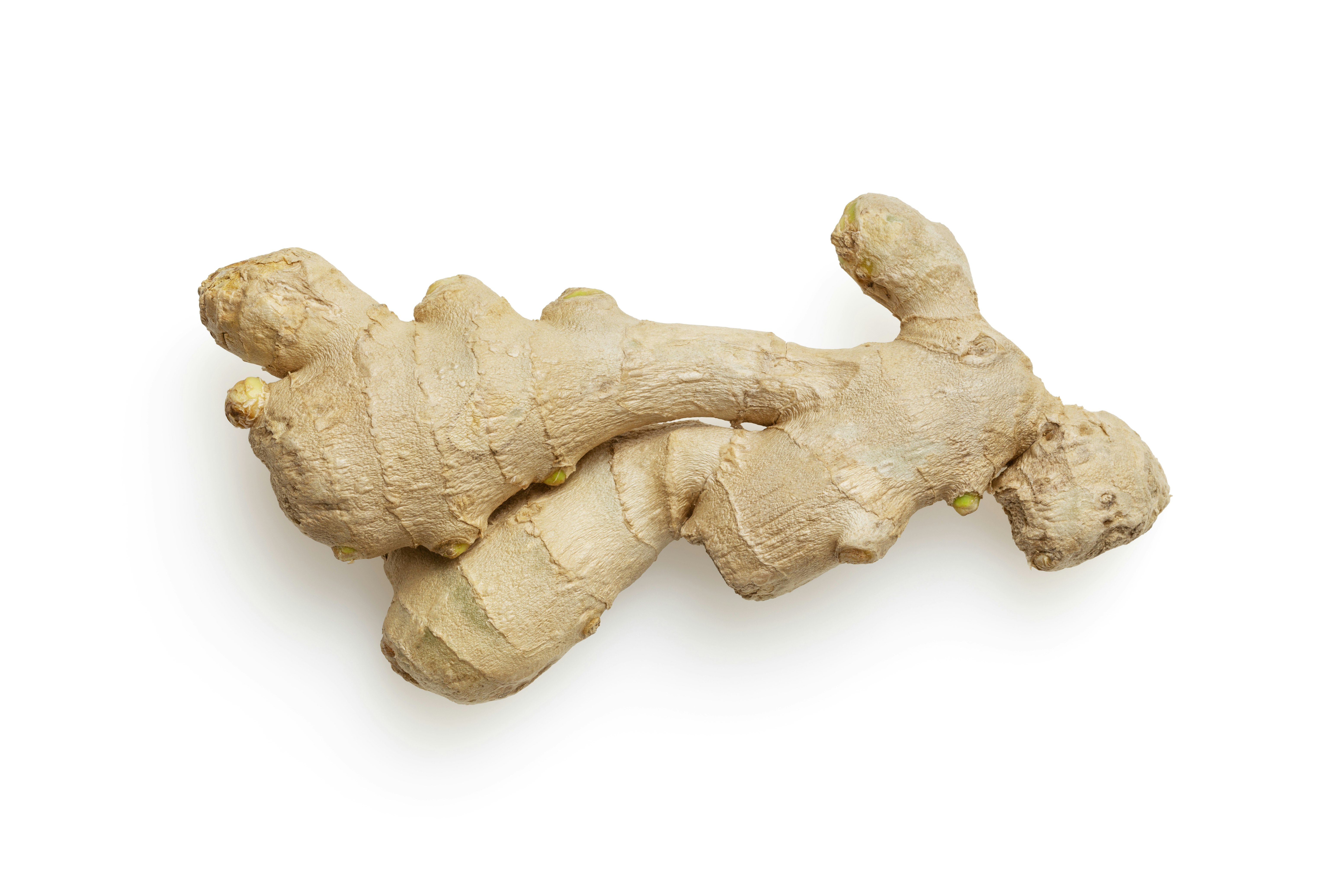Ginger Health Benefits And Side Effects – Ginger has been used as a spice and medicine for centuries, and recent studies have shown that it has a number of health benefits. In this article, we will discuss the health benefits of ginger, its uses, side effects, and more. So whether you’re looking to boost your immune system or relieve pain, ginger is a valuable herb you should include in your diet.

Table of Contents
What is ginger?
Ginger is a small, thin rhizome that belongs to the ginger family. The ginger plant (Zingiber officinale) is native to Southeast Asia and grows up to 1 meter tall. Ginger is a perennial herb that can be found in wet areas, such as near waterfalls or in low-lying areas. It has fragrant, purple flowers and grows underground with thick roots. There are several varieties of ginger, including Indian ginger (Zingiber officinale), white ginger (Zingiber molle), pink ginger (Zingiber Indicum), and baby ginger (Zingiber spectrum).
Ginger is a popular herb for culinary use. It is used fresh or dry in dishes such as curries, soups, dried fruit mixes, jellies, and pastes. Ginger also has medicinal properties and can be used to treat a variety of health issues.
What are the health benefits of ginger?
Ginger is a popular herb that has been used for centuries to treat a variety of health conditions. Here are the health benefits of ginger:
1. Ginger can help relieve pain and inflammation. In addition to being an effective pain reliever, ginger also helps to reduce inflammation and swelling.
2. Ginger can help improve circulation and help reduce the symptoms of arthritis and other conditions that affect the joints.
3. Ginger also has anti-inflammatory properties that can help to reduce the symptoms of asthma, bronchitis, and other respiratory issues.
4. Ginger is beneficial for digestive problems, including GERD (gastroesophageal reflux disease) and IBS (irritable bowel syndrome). It can also help promote healthy digestion and elimination.
5. Ginger is also known to be helpful for improving joint function, preventing cancer, and reducing symptoms associated with Alzheimer’s disease and dementia.
How to use ginger for health benefits
If you’re looking for an herb that can benefit your overall health, ginger is a great option. Ginger has been shown to have a variety of health benefits, including reducing nausea and vomiting, relieving pain and inflammation, and fighting off infection. Here are some ways to use ginger for optimal health:
Ginger can be used as a tea or supplement. Steep 1 teaspoon of fresh ginger in hot water for 10 minutes to make tea. Add 1-2 tablespoons of honey if desired. Ginger also supplements can be found at most stores. For example, take 500mg of ginger capsules three times a day.
Ginger can also be eaten as a snack or added to food. Add ginger slices to your morning oats, add them to your lunchtime salad, or stir-fry some vegetables with ginger flavoring.
When cooking with ginger, it is best to use fresh or frozen ginger instead of ground ginger. Ground ginger may contain other additives that could affect the flavor and health benefits of the ginger.
There are few side effects associated with consuming ginger, but pregnant women should avoid large amounts because it can cause premature labor. Always speak with your doctor before taking any supplements or changing any dietary habits.
Side effects of ginger
Ginger has been used medicinally for centuries and is now known to have a variety of health benefits. Here are some of the most common side effects of ginger:
1. Indigestion and gas: Ginger can cause indigestion and gas, so it’s best to avoid it if you’re prone to these digestive problems.
2. Headache: Ginger can also cause headaches, especially in people who are sensitive to its taste or ingredients. If you experience a headache after eating ginger, drinking tea with ginger or taking ginger supplements, try easing off on the dose until your headache clears up.
3. Dizziness: Ginger can also cause dizziness in some people, so be cautious if you’re driving or operating heavy machinery. If you feel dizzy after consuming ginger, drink lots of fluids to dilute the effect, and take over-the-counter medications such as ibuprofen if you experience pain or discomfort.
4. Nausea and vomiting: Ginger can also cause nausea and vomiting, especially in pregnant women or those who are breastfeeding. If this happens after consuming ginger, try easing off on the dose or avoiding it altogether until your symptoms subside.
5. Redness and swelling: Ginger can cause redness and swelling in the face, neck, chest, or other areas where it’s applied topically. If you experience these side effects after using ginger, stop using the product and see your doctor.
Final Note
Ginger is a popular herb that has been used for centuries for a variety of health benefits. In this article, we take a look at the health benefits of ginger, its uses, side effects, and more. If you’re looking to add some spice to your life or want to increase your overall well-being, be sure to check out ginger herb!










